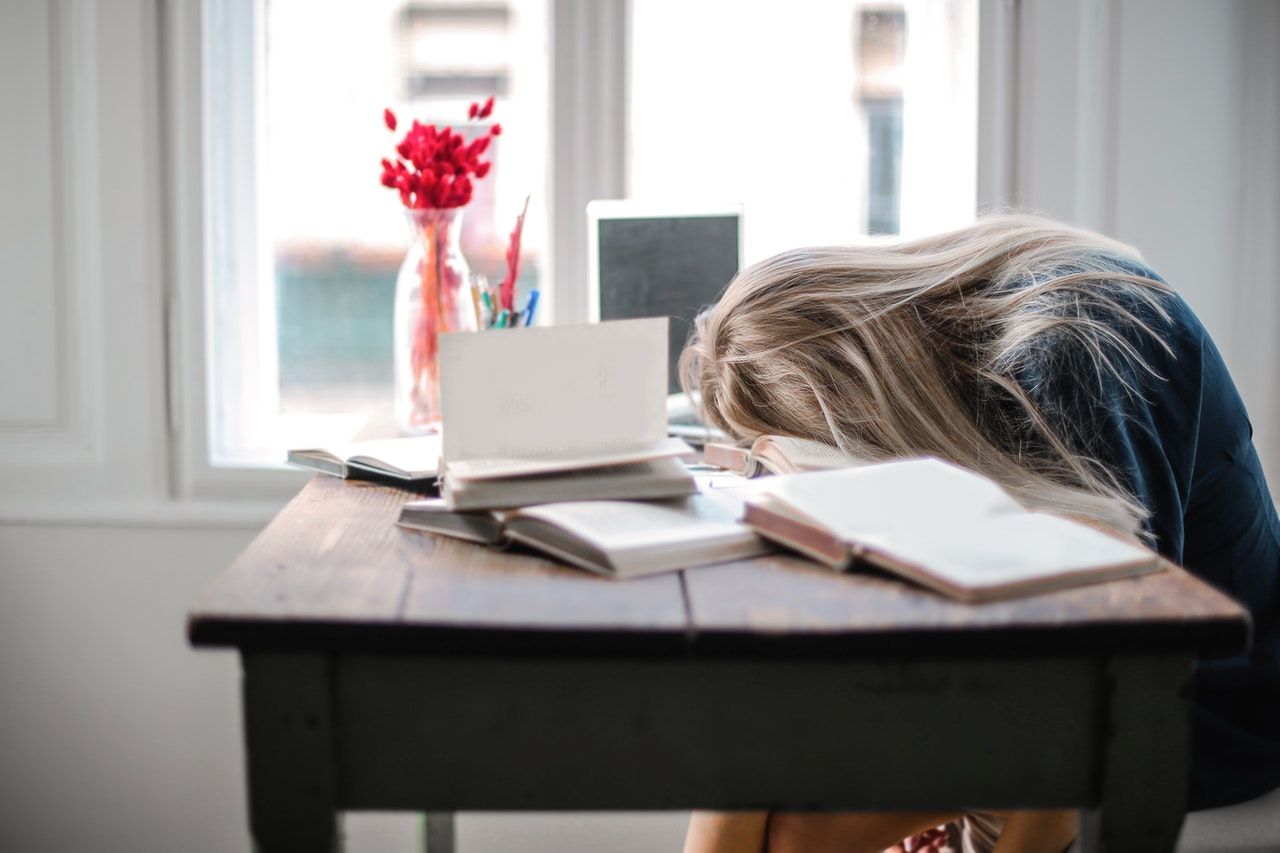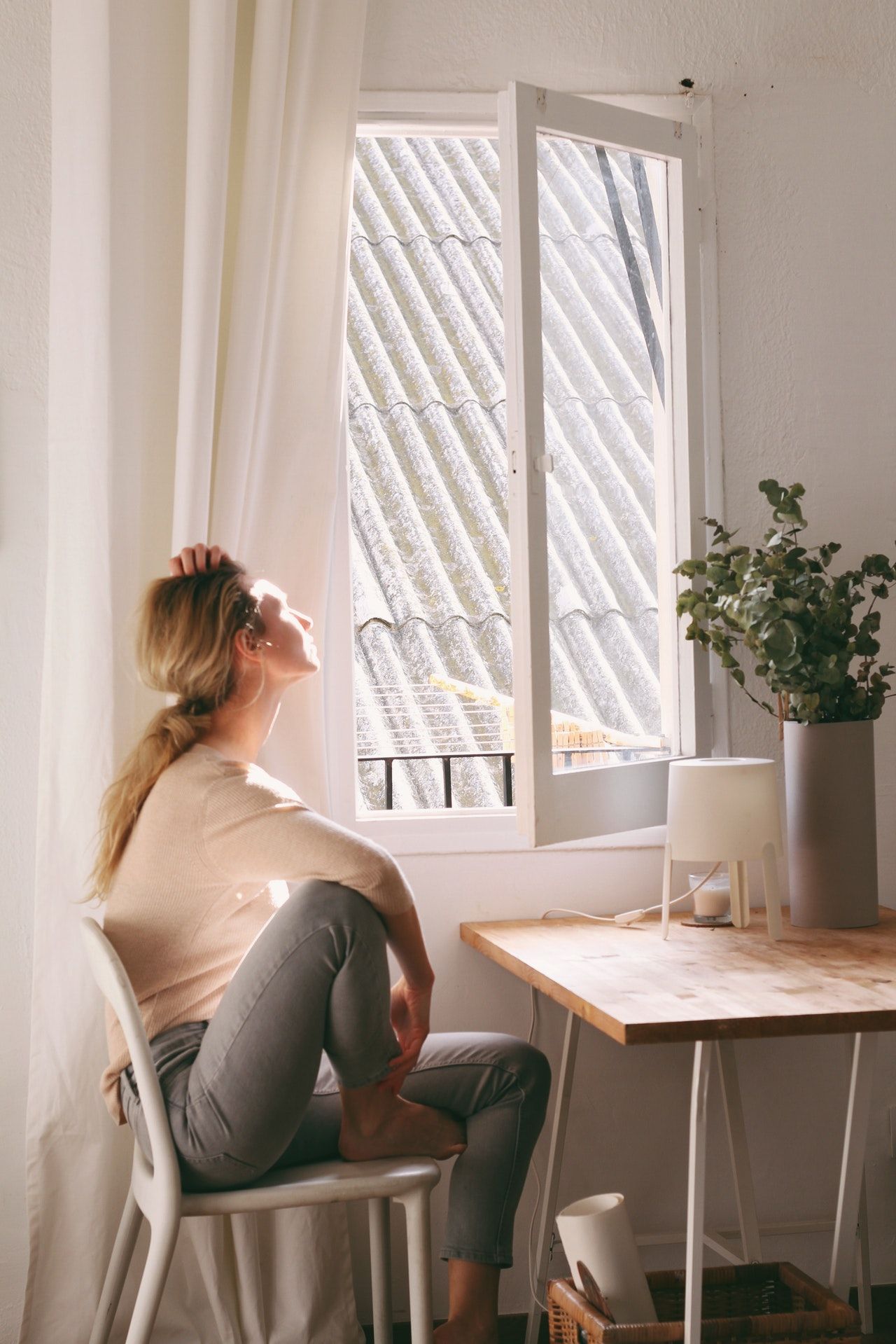It’s very normal to feel anxious or nervous during the exam period and consequently struggle to get quality sleep. While it’s easy to think you can just roll with it and pull an all-nighter, you’ll benefit far more from understanding some basic techniques to help you get to sleep.
Sleep is important for a whole host of reasons, not least that resting is vital to help the mind, brain and body recover from intense study sessions and lectures. Getting enough sleep is conducive to having a more clear mind and further being able to revise and retain your studies.
That’s why we’ve put together a list of ten techniques that can help you sleep well during exam time, or indeed any stressful periods while you’re at university.
10 techniques to help you sleep well
Sleep plays such a fundamental role in your everyday health – not only does it help you to filter and frame everything you learn during the day, it’s the best way to ‘recharge the batteries’ and subsequently help to sharpen your focus for your studies and exam performance.
Here’s ten top techniques for you to try the next time you’re struggling to get some good shut eye.
1. Take two hours before bedtime to unwind
As you approach the time you’d like to get to bed, it’s important that you reduce any stimuli around you to help you wind down. You’ll likely find that getting into bed immediately after finishing studying will mean staggered sleep because there’s simply too much going inside your still-very-active brain. Take some time to do a relaxing activity, away from your screens such as reading, taking a bath or making a hot drink.
2. Try to eat a lighter meal in the evening
It’s a good idea to aim for lighter meals so you don’t end up feeling too sluggish if you intend to keep studying in your evenings. Try to create a balanced dinner with complex carbohydrates and quality protein, such as quinoa, lean meats or sauteed legumes. And don’t forget to stay hydrated throughout the day and into the evening.
3. Try to drink your last coffee after lunch
The effects of caffeine vary from person to person, but if you’re having trouble sleeping, it’s possible that your regular cups of coffee are to blame – or at the very least it won’t be helping! If the thought of going without your morning latte feels too daunting, rather than attempting to eliminate something out of your diet during a stressful period, try to cut back. Replace some of your coffees or other stimulating drinks like black or green teas and fizzy drinks with herbal teas, spring water or low sugar alternatives.
4. Turn off the lights and go to sleep at the same time every night
When you’re living in our student accommodation in Lisbon, it will likely be tough to resist a late night chat with flatmates but you should aim to get to bed at the same time every night.
There are studies that suggest the time you sleep doesn’t necessarily matter, and that it’s more important to sleep at the same time regularly.
5. Focus on your breathing
If you feel your stress levels rising, it’s essential that you do everything in your power to calm yourself down before bed.
A good technique for falling asleep is through controlled breathing. Focusing on your breathing triggers a relaxation response in the brain and helps calm your mind. Try breathing in to the count of five and out to the count of five as a start, or check out mindfulness apps like Calm or Headspace for guided breathing and meditation sessions.
6. Let go of fearful thoughts
Trying to understand fearful or anxious thoughts that come into your head when you’re trying to sleep can help to decrease your anxiety.
Fearful thoughts create tension in the body, and a tense body simply won’t be able to fall into a deep sleep. And frustratingly, the subsequent fear of not being able to sleep will only exacerbate the problem. Try saying things out loud, writing them down or consider professional help from your GP or a therapist if you’re really struggling with intrusive thoughts when you try to sleep.
7. Maintain a physical activity routine
Taking time to exercise for just 30 minutes a day can be very helpful in regulating stress and sleep.
The release of endorphins can also be fantastic for getting rid of stress, as well as helping to improve your mood and ease your worries.
If you think you don’t have time to go to the gym or for a longer workout, try jogging for half an hour or taking a brisk walk through the streets of Lisbon.
8. Make your sleeping environment comfortable
It’s worth remembering that you spend half your life in bed, so it’s a good idea to invest some good money in a comfortable mattress, duvet cover and pillows. Make your bed somewhere you look forward to getting to in the evening. . Keep an eye on the temperature and brightness of your room for a pleasant atmosphere for peaceful nights..
9. Stop looking at your phone or screens
The blue light on your phone suppresses the creation of melatonin, the hormone that regulates your sleep cycle, so scrolling Instagram while trying to sleep will only keep you alert.
It’s best not to look at your screens an hour before you go to bed, so your body can recognise that it’s time to relax and sleep.
10. Take breaks to relax during the day
This one is simple: try to take at least a 15-minute relaxation break during the day.
Taking a short walk or even taking time to look at a beautiful landscape or wander through a local park can help keep your body in balance.
Try to remind yourself that life is short and balance is the goal. Do your best to follow the techniques here that work for you and hopefully you’ll be able to sleep like a rock during exams.







